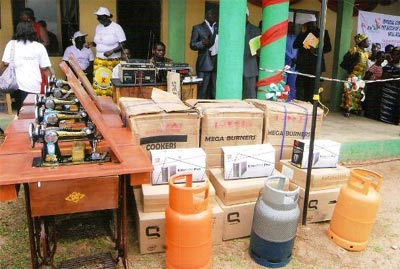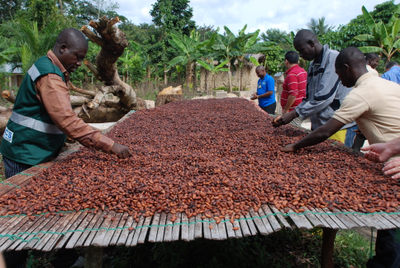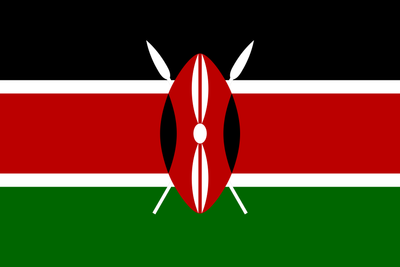The Case for Why Economic Development Is Making Nigeria More Dangerous
At Lagos’ notoriously chaotic Murtala Muhammed International Airport , arriving passengers compete for a place in the clump of other passengers awaiting the approval of an overworked immigration official. Permitted entry, a second scamper ensues to get luggage—brands like Tumi and Rimowa intermingle in a pile with black masking-taped sacks, because the conveyer belt has stopped working. Collected, passengers are directed to the arrivals exit where a sign greets them: “Danger: Modernization In Progress.” The sign is intended to warn passengers arriving in the country of 170 million people about the ongoing renovations—renovations that commenced a decade ago to help Lagos’ airport better cope with the surge in traffic and commerce in the midst of the country’s economic boom. But the sign also raises an important question: Are the forces driving Nigeria’s economic boom also generating dangerous problems.
Nigeria is not alone. Africa is in the midst of an unprecedented rapid industrialization. Standards of living have increased exponentially since the beginning of the 21st century. The percentage of poor Africans fell from 58% in 1999 to 47.5% in 2008. Africa’s growth has genera ted enormously positive change for the continent: urbanization has increased productivity, technology has provided access to information to more people than ever, and several hundred million have been lifted out of abject poverty. At the same time that things have been getting better, things have also gotten worse. Coups, violence, uprisings, and volatility have all risen sharply in the past two years. The top 10 countries in the world most at risk of state failure are African. Five of the top 10 most unequal societies are African. Joblessness in the major cities have produced a disillusioned underclass—neither beneficiaries of, nor contributors to the state.
February 3, 2015 By Eliot Pence





